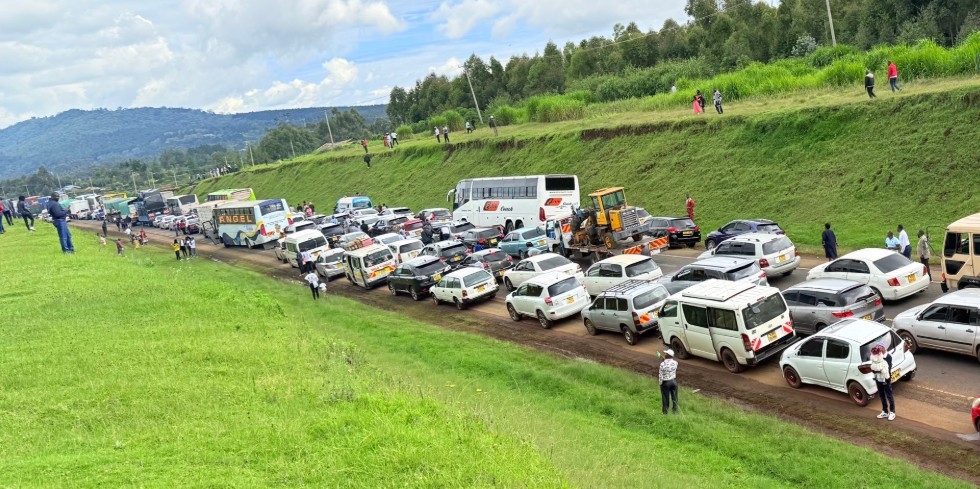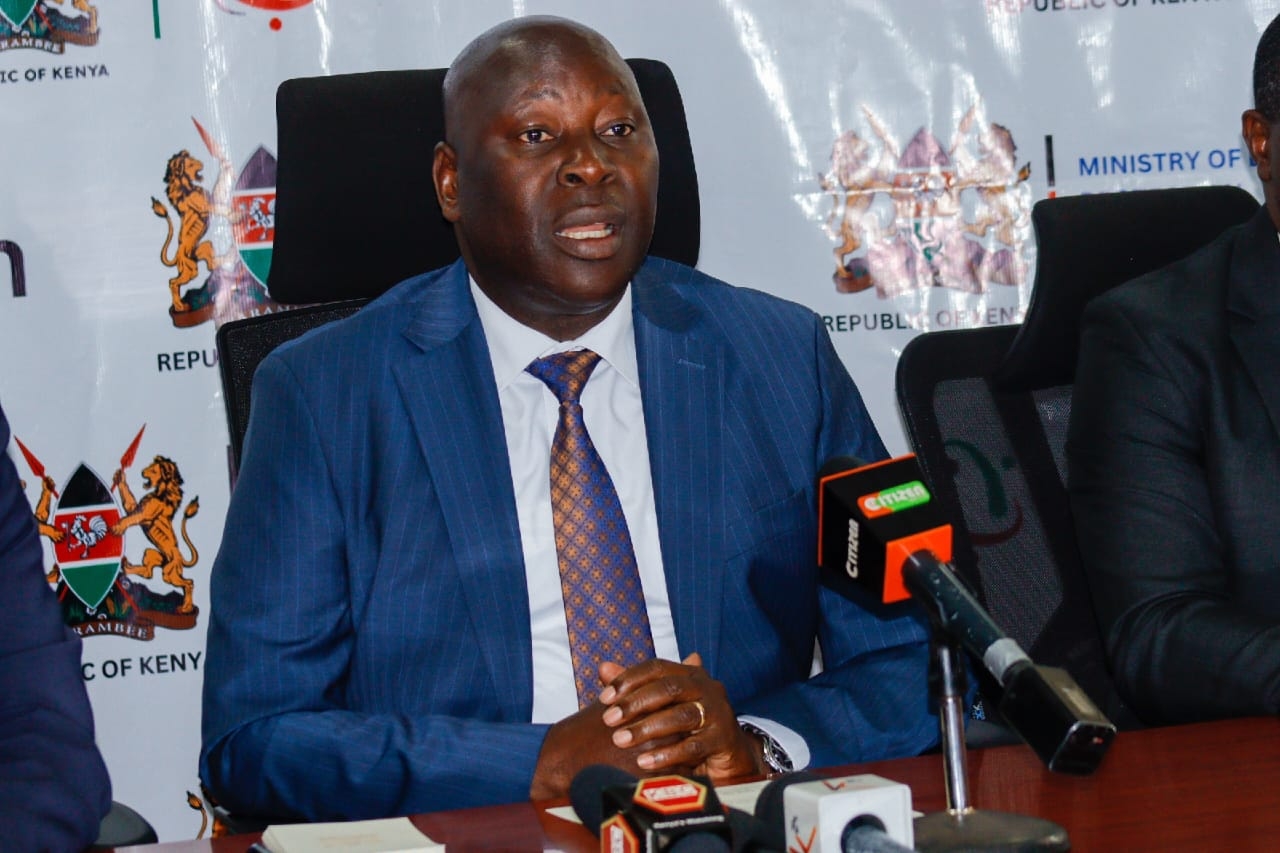An agricultural capacity-building firm, Farmer on Fire Limited has launched a training programme for Agritech entrepreneurs on persuasive grant-writing proposals in a bid to increase investments in the sector.
According to the firm's founder and CEO Wangari Kuria, the agriculture sector is attracting a lot of funding but very few scalable ideas are being funded in Africa largely driven by the inability to persuade investors.
She explained that after Fintech, Agritech is the next funded industry with billions of grant money available for people with problem-solving scalable ideas in Africa.
"We are planning to train over 1000 entrepreneurs in Africa for a subsidized fee of Sh2500,” she said in a media statement.
The online training will equip the agritech entrepreneurs with grant-winning skills that include ways of improving grant application quality and budget writing.
Others are expenditure alignment with the grant amounts, how to use narration to create grant applications that resonate with the funder, among other skills.
“We will also train on how understanding your funder will help entrepreneurs align their goals with the funder's objectives
Applications are ongoing for the first cohort that will take place on July 24.
According to the latest report by Africa, The Big Deal, In 2022, 23 African agri-tech firms attracted $133 million in investment, a figure up 39.7 per cent from 2021.
By comparison, the segment saw $50,000 in funding as recently as 2015.
Two companies accounted for over 80 per cent of these funds: Kenya’s Apollo Agriculture and Nigeria’s ThriveAgric.
“With the scale of climate change-driven natural disasters increasing and the population of many emerging markets set to expand significantly, agri-tech start-ups are working to provide food security for the future,'' the report reads.
This is done by revitalizing supply chains, tapping into artificial intelligence (AI) and machine learning, and providing resources to farmers to help them respond effectively to disasters.
Kuria was recently among three Africans recognized in the New York Global CItizen Prize Award 2023.
Kuria was recognized for profoundly impacting local communities by providing information to farmers across Africa in the fight against food insecurity.
Farmer on Fireworks with vulnerable single mothers from pastoralist communities who are affected by severe climate change.
Most of them are trained on how to produce mushrooms, black soldier fly larvae and azolla.












